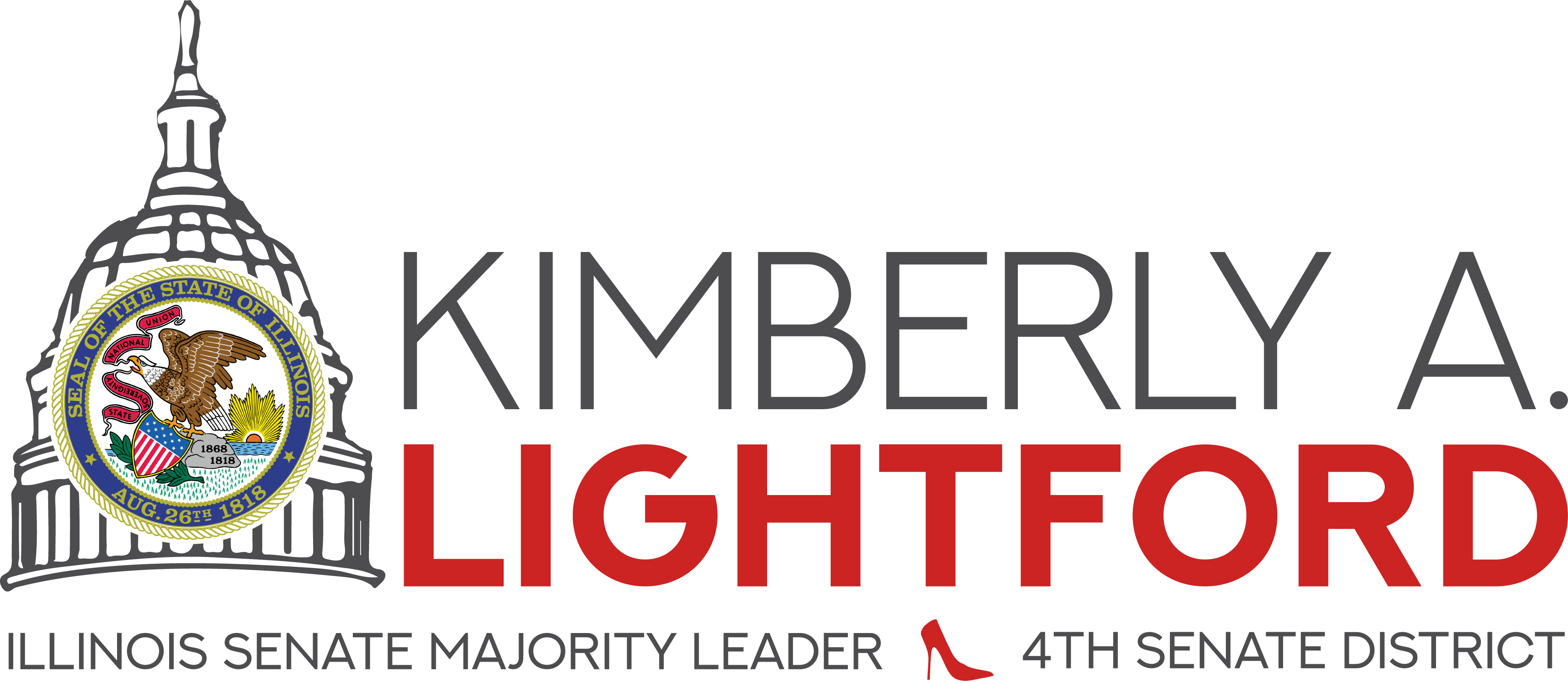- Details
- Category: News
Saturday June 18, 2016 Senator Lightford and the 4th District Women’s Committee hosted the 8th Annual “We Love Our Men” Prostate Awareness for Father’s Day Event. The 4th District Women’s Committee visited about 20 Barbershops. The committee was accompanied by nurses from Loyola and Loretto Hospital.
During the visits to the shops the medical staff was able to educate the community on early detection, risk and treatment of Prostate Cancer. In addition to providing education, there were over 300 gift bags with Prostate Cancer Awareness information and goodies distributed.
The 8th Annual Prostate Awareness Event was wonderful and was well received by the barbershops' owners and clients. Senator Lightford hopes to continue to stay engaged with the community, especially as it relates to sharing valuable information on Prostate Cancer. It's important to continue communicating on this serious health challenge as an effort to decrease the death rate and increase the importance of early detection.
- Details
- Category: News
 SPRINGFIELD- The Illinois Senate sent a proposal to the governor’s desk today that would provide vital funding for schools and human services. Senate Bill 2047 provides stopgap funding to programs for seniors, youth employment, autism, mental health and cancer screenings. Furthermore, the legislation provides funding for P-12 education that ensures schools will open this fall.
SPRINGFIELD- The Illinois Senate sent a proposal to the governor’s desk today that would provide vital funding for schools and human services. Senate Bill 2047 provides stopgap funding to programs for seniors, youth employment, autism, mental health and cancer screenings. Furthermore, the legislation provides funding for P-12 education that ensures schools will open this fall.
“Quality educational opportunities can only come when students are in school, teachers have necessary resources in the classroom and parents have faith that the level of education their child is receiving is outstanding,” Assistant Majority Leader Kimberly A. Lightford (D - Maywood) said. “We need to continue working toward equitable funding for our schools, however making sure doors would open in the fall is a top priority right now.”
The West Side Health Authority’s crisis intervention program will receive funding that allows them to continue providing services to West Side residents with critical health needs. The initiative coordinated in-home wellness visits and case management services to residents.
“Our human service providers have kept their commitment to the most vulnerable populations in our state throughout this impasse,” Lightford said. “I’m glad we’re able to provide some funding to keep them going as this fight continues.”
###
- Details
- Category: News
- Details
- Category: News
 On Saturday May 7, 2016 AssistantMajority Leader Kimberly A. Lightford and the 4th District Gentlemen’s Committee hosted the 5th Annual “We Adore Our Women” Mammograms for Mother’s Day Event.
On Saturday May 7, 2016 AssistantMajority Leader Kimberly A. Lightford and the 4th District Gentlemen’s Committee hosted the 5th Annual “We Adore Our Women” Mammograms for Mother’s Day Event.
Accompanying the Senator and the committee were doctors and nurses from Loyola and Loretto Hospitals.
While visiting salons, the medical staff were able to educate the community on early detection, risk and treatment.In addition to providing information, over 240 gift bags with Breast Cancer Awareness information and goodies were distributed.
Senator Lightford enjoyed an awesome day with the 4th District community. In hosting this annual event, she hopes to continue to bring light to Breast Cancer in an effort to decrease the death rate and increase awareness to the importance of early detection.
Enjoy photos from the event below.
More Articles …
Page 107 of 131








